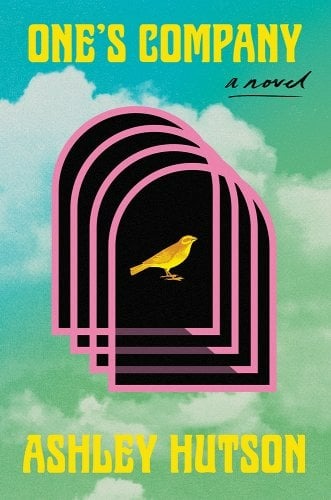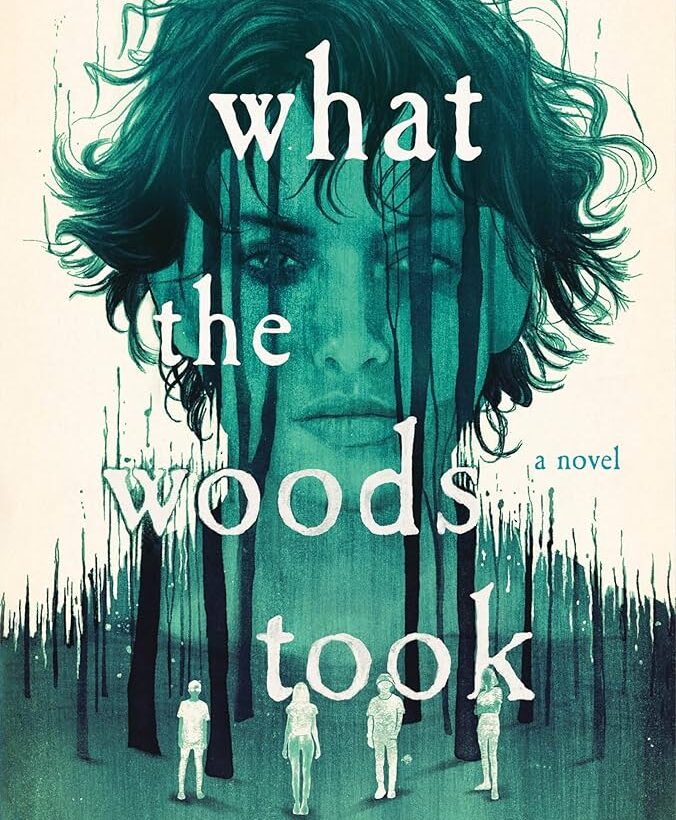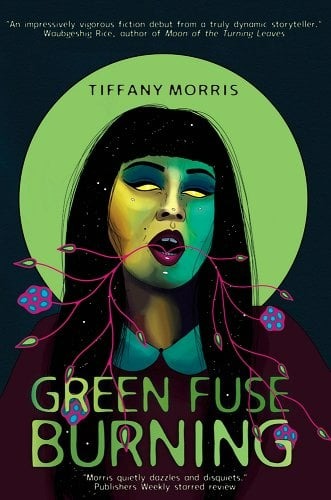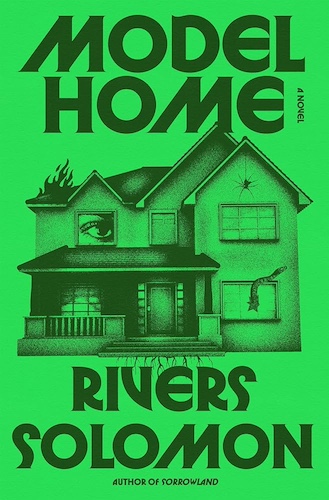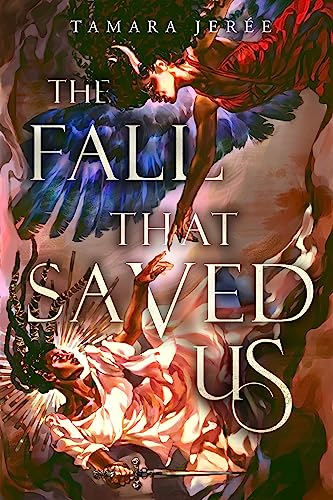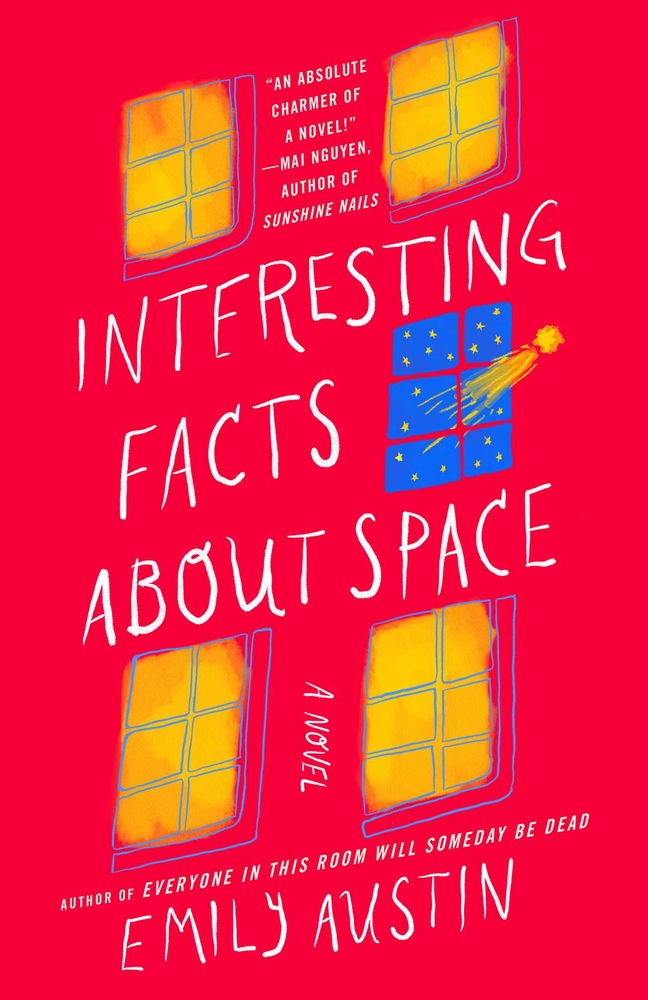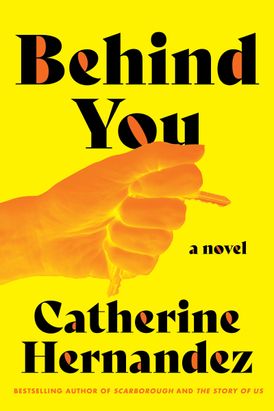Content warning: this review includes discussion of suicide, violence, and rape. Ever since I heard the premise of One’s Company, it’s been on my TBR. So when I was choosing the first book to read in 2025, this seemed like the perfect kind of weird, thought-provoking literary fiction I was in the mood for—and itRead More
The Troubled Teen Industry and Other Monsters: What the Woods Took by Courtney Gould
In this YA horror novel, five teens are forced to participate in a new “wilderness therapy program” called REVIVE. Some of them are kidnapped in the night and escorted here by force. They face 50 days hiking through the wilderness and talking about their trauma with two unqualified twenty-somethings. This is based on real programsRead More
Folk Horror and the Troubled Teen Industry: What the Woods Took by Courtney Gould Review
In European folk and fairytales, a journey through the woods represents the characters’ coming of age—their passage from the pastoral, relative security of familial and familiar hearths into a fraught, shadowy place where metaphors for social anxieties lurk around every corner. Only with wit and friendship can one come out the other side, though theyRead More
A Lush Horror Novella Embracing Death and Renewal: Green Fuse Burning by Tiffany Morris Review
“Why did people need to be in nature to process the things that happened to them? Maybe it was because what was thought of as wild did not require a veil—it saw you as you truly were: an animal skulking among animals.” Though I haven’t read a lot of horror, there is plenty of horrorRead More
This Queer Horror Book Will Haunt You: Model Home by Rivers Solomon
This was my first Rivers Solomon book, and from the first page, I understood why I’d heard such good things about them. Here are the opening lines: “Maybe my mother is God, and that’s why nothing I do pleases her. Maybe my mother is God, and that’s why even though she’s never once saved me,Read More
A Succubus, a Fallen Angel, and a Forbidden Romance: The Fall That Saved Us by Tamara Jerée
While I am usually pretty ambivalent about book covers, every once and a while a book will come along with such a beautiful cover that I can’t help but add it to my to-read list. One such book is Tamara Jerée’s The Fall That Saved Us. Once I read the summary, though, it went from just beingRead More
Religious Trauma and Queer Awakening: Gay the Pray Away by Natalie Naudus
Buy this from Bookshop.org to support local bookstores and the Lesbrary! Content warnings: homophobia, child abuse, religious abuse, physical abuse Gay the Pray Away by Natalie Naudus follows Valerie Danners as she begins to understand and live her own truth. Unfortunately for Valerie, the truth of her sexuality is beyond unacceptable to her conservative Christian community,Read More
A Devastating Story of Grief: We Are Okay by Nina LaCour
Buy this from Bookshop.org to support local bookstores and the Lesbrary! When I first picked up Nina LaCour’s We Are Okay and read the blurbs on the cover, I knew that it was going to be a sad one. After all, the noun “grief” appears multiple times alongside adjectives such as “devastating”, “raw”, and “lonely”. Still, IRead More
Sophomore Sapphic Novel Doesn’t Disappoint: Interesting Facts About Space by Emily Austin
Buy this from Bookshop.org to support local bookstores and the Lesbrary! Interesting Facts About Space by Emily Austin (she/her) is one of my new favorite books. Within the first few pages, Austin personified a tampon box, lamented the indignity of celebrating baby genitals (read: gender reveals), and made the astute, albeit morbid, observation that one of theRead More
A Fresh, Queer Take on Crime Fiction: Behind You by Catherine Hernandez
Amazon Affiliate Link In her new novel, Catherine Hernandez weaves gripping suspense and affecting emotion into a story of trauma, survival, and healing against the backdrop of one of Canada’s most terrifying historical events. Behind You (HarperAvenue 2024) follows Alma, a Filipina woman working as an editor for a true crime series called Infamous, which features sketchesRead More
- 1
- 2
- 3
- 4
- Next Page »
